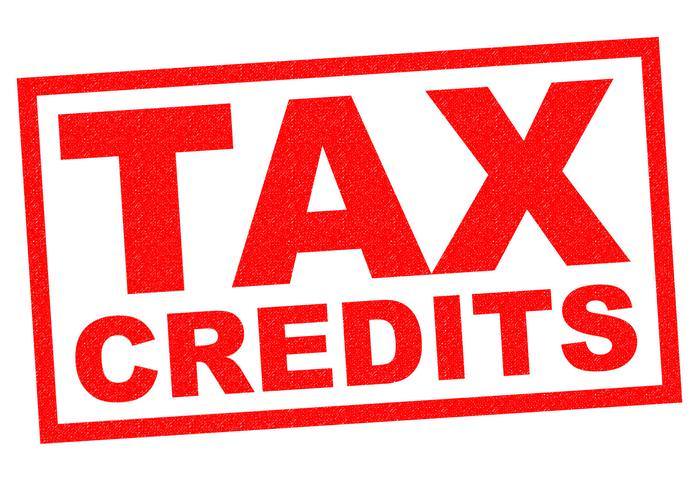It’s not just the home-related tax breaks you can get usage of, either, says Lisa Greene-Lewis, a CPA and tax expert for TurboTax. “Getting enough qualified expenses can top the standard deduction and push you over into itemizing and allow you to deduct so many other expenses you wouldn’t be able to otherwise,” she said.

Homeowner regulations and tax breaks: It’s not merely the house
Here are five valuable deductions that you may have the ability to claim:
Mortgage interest
The interest paid on a home loan is generally the largest potential deduction for middle-class Americans, Greene-Lewis said. As an example, a 30-year mortgage on a $300,000 loan at current rates will run you in excess of $12,000 in interest payments the first year. For those who own a second home, it’s also possible to deduct the mortgage interest on that, provided that it’s not a rental property.
Points
For those who recently bought a home but paid “points” to the bank in order to get a better rate, that expense is tax deductible in the year you paid them. A point is normally 1 percent of the amount borrowed so, with that $300,000 home, you’d get a $3,000 tax break for paying down one point. Points on refinance loans and home equity loans are also deductible but have to be spread over the life of the loan instead of all in one year’s return, so those are less lucrative but can still add up.
Energy credits
“If you make expenditures that improve the energy efficiency of your home, you may qualify for a tax credit,” said Neil Krishnaswamy, a certified financial planner at Exencial Wealth Advisors in Frisco, Texas. “These include items like insulation, windows, doors and roofs.”
A tax credit is even better when compared to a deduction, since they are dollar-for-dollar savings as opposed to simply saving you whatever tax you paid. For instance, for anyone who is in the 28% tax bracket, then a $1,000 deduction lowers your tax bill only $280, while a credit lowers your tax bill by $1,000 regardless of your effective tax rate. There are actually limits on energy credits defendent upon what you purchased, but the dollar-for-dollar savings make them very valuable.
Property taxes
State taxes levied for your primary residence are deductible, too, and can add up in a hurry depending on where you reside. As an example, the Tax Foundation found, in 2015, that New Jersey residents typically pay almost 2.4 % in property taxes – almost twice the national average, leading to $7,000 on a $300,000 home. Deducting this big local tax bill could help you save quite a bit on your federal return.
Casualty losses
If you suffered property damage and weren’t reimbursed by an insurance company for repairs, you may be qualified to receive a big deduction. Your casualty loss deduction must exceed 10 % of your adjusted income, so don’t bother writing off small-time repairs. But if you incur significant expenses repairing your home after an unfortunate event, document everything and tap into this tax break to ease some of the pain.
Don’t own a home right now? Want to see what homes are available here in the Tampa Bay and Surrounding Areas? Give us a call at 813-300-7116 or simply click here and we will be in touch with you.